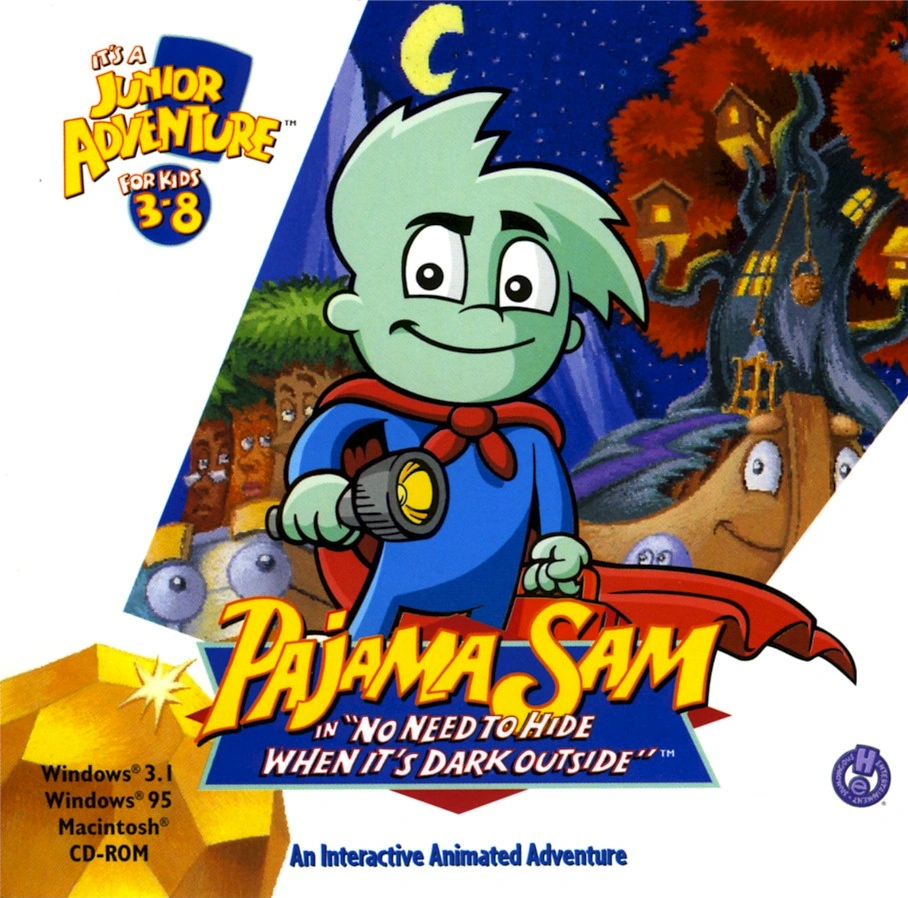N
Nexusrex
Guest
Hey, I've got something i would like to discuss with you. (Sorry for my bad English)
I've been thinking about a math quiz game with gameplay mechanics (Dungeons and enemies..etc, not just a point and click in the answers).
But, i've been thinking. How much people may play it?
Some info about the gameplay: It's a game which randomly chooses between some rooms, each room has a question..2 answers as holes, the right one gets you to a diamond cave so the player collect money/diamond/score. And the false gets the player into a room that contains enemies.
So, how to make a game like the one i'm working on better? And are they really that bad and why?
Thanks in advance.
I've been thinking about a math quiz game with gameplay mechanics (Dungeons and enemies..etc, not just a point and click in the answers).
But, i've been thinking. How much people may play it?
Some info about the gameplay: It's a game which randomly chooses between some rooms, each room has a question..2 answers as holes, the right one gets you to a diamond cave so the player collect money/diamond/score. And the false gets the player into a room that contains enemies.
So, how to make a game like the one i'm working on better? And are they really that bad and why?
Thanks in advance.


